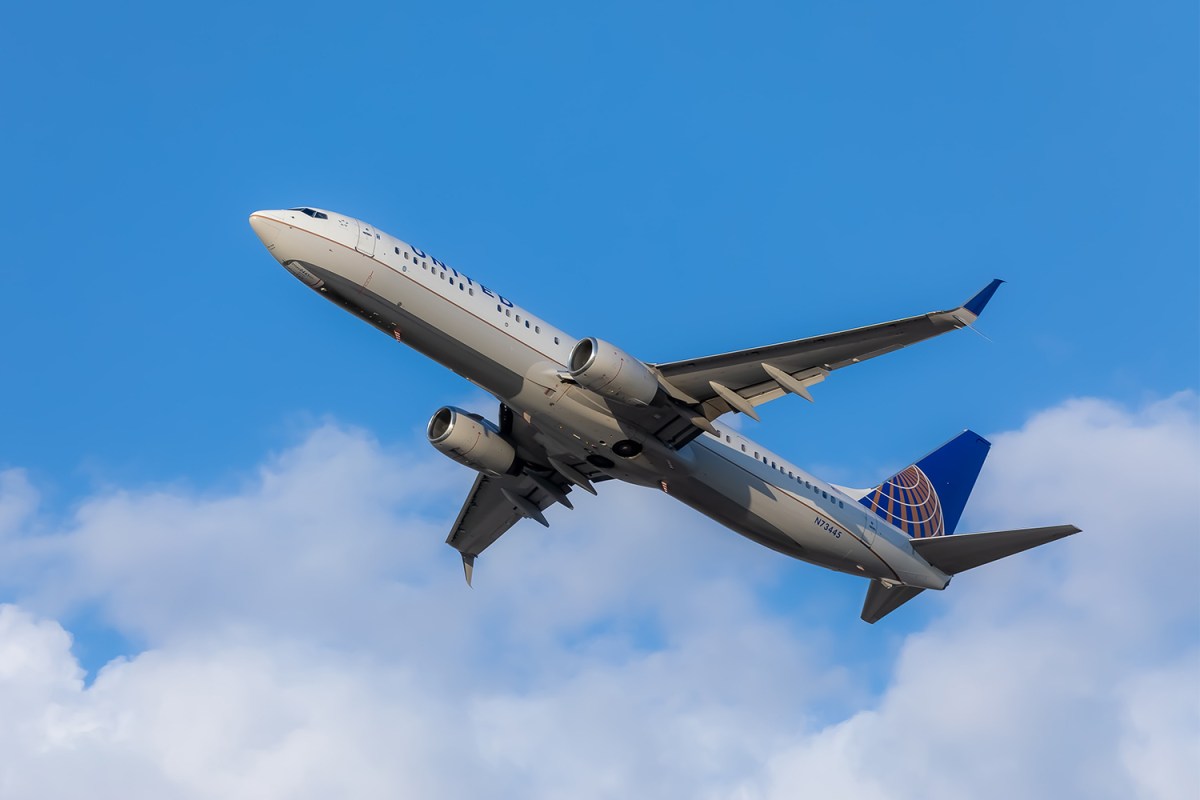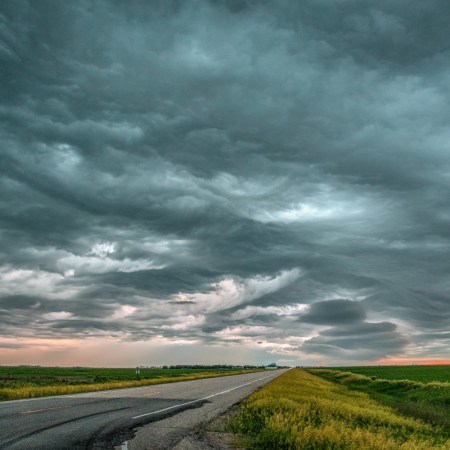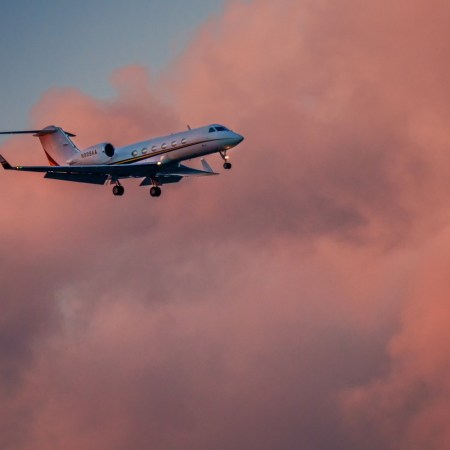On Wednesday, the U.S. Environmental Protection Agency — which so far hasn’t lived up to its name in the Trump era — made a seemingly hopeful announcement. For the first time in our country’s history, the agency proposed setting emissions standards for commercial aircraft.
“This standard is the first time the U.S. has ever proposed regulating greenhouse gas emissions from aircraft,” said EPA Administrator Andrew Wheeler in a press release, which also called out the Trump Administration as “[setting] a precedent” with the move.
But is that true? In short, no.
As PBS reported, the Obama Administration proposed “[regulating] aircraft emissions in much the same way as power plants, saying they are a threat to human health because they contain pollutants that help cause global warming,” and this was all the way back in 2015. As that article also noted, President Barack Obama was looking at adopting standards set by the U.N. International Civil Aviation Organization, but because those parameters were still being finalized and the EPA would need to review them, the decision was “likely to be left to the next presidential administration.”
Enter President Donald Trump. The airplane emissions standards Trump’s EPA is touting as precedent setting are, in fact, the same ones set by the ICAO that Obama was proposing. Not only that, but the only reason the EPA seems to be proposing the standards at all is because environmental groups threatened to sue if they didn’t act.
Back on January 30, Reuters reported that multiple advocacy groups “filed a notice of intent to sue the EPA if the agency did not act within six months” on regulating aircraft emissions. Then on July 22, eight days before that six month deadline, the EPA made this announcement.
Putting the battle for these standards aside, how effective will they be? As Reuters reported, “[Aircraft emissions] are the largest source of transportation-related greenhouse gas emissions not subject to standards,” so the country needs to do something about them if it wants to keep climate change under control.
There are a few different factors to consider, including the fact that the U.S. is late in adopting these global standards and the rules won’t affect commercial airplanes currently flying. But Clare Lakewood, climate legal director at the Center for Biological Diversity, summed it up well for Reuters: the EPA is not expecting the proposal to result in any emissions reductions.
Subscribe here for our free daily newsletter.
Thanks for reading InsideHook. Sign up for our daily newsletter and be in the know.


















